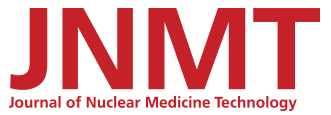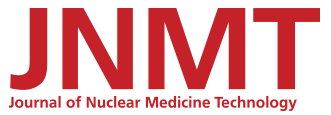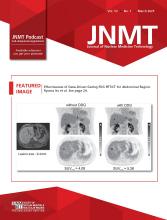Abstract
Aim: Myocardial perfusion imaging (MPI) with single photon emission computed tomography (SPECT) is widely adopted in clinical practice but is associated with a relatively high radiation dose. The aim of this study was to determine the minimum product of tracer dose and scan time, while maintaining diagnostic value for cadmium zinc telluride (CZT)-SPECT MPI. Methods: 24 patients underwent clinically indicated stress MPI using CZT-SPECT and a body weight depending (3 MBq/kg) Tc-99m-tetrofosmin tracer dose. Data were acquired for 8 minutes in list mode. Next, images were reconstructed using 2, 4, 6 and 8 minutes time frames. Differences between the 8 minutes reference scan and the shorter scans were determined in segmental uptake values (using the 17 segment cardiac model), ejection fraction (EF) and end diastolic volume (EDV). A 5% difference in segmental uptake was considered to significantly influence the diagnostic value. Next, image quality of the 4, 6 and 8 minutes scans were scored by consensus of three experienced nuclear medicine physicians on a 4 point grading scale. Physicians were blinded for scan time and patient information. Results: Differences in segmental uptake values, EF and EDV increased using shorter scans times as compared to the 8 minutes reference scan. On average, the diagnostic value was influenced in 7.7 segments per patient using the 2 minutes scans, in comparison to 2.0 and 0.8 segments per patient using the 4 or 6 minutes scans, respectively. In addition, the 4 minutes scans led to a significantly lower image quality compared to the 8 minutes scans (P < 0.05). This was not the case for the 6 minutes scan. Conclusion: Six minutes was the shortest acquisition time in stress MPI using CZT-SPECT that did not affect the diagnostic value when administrating a tracer dose of 3 MBq/kg. Hence, the patient-specific product of tracer dose and scan time can be minimized to 18 MBq∙min/kg. This may lower the effective radiation dose for patients to values below 1 mSv.







